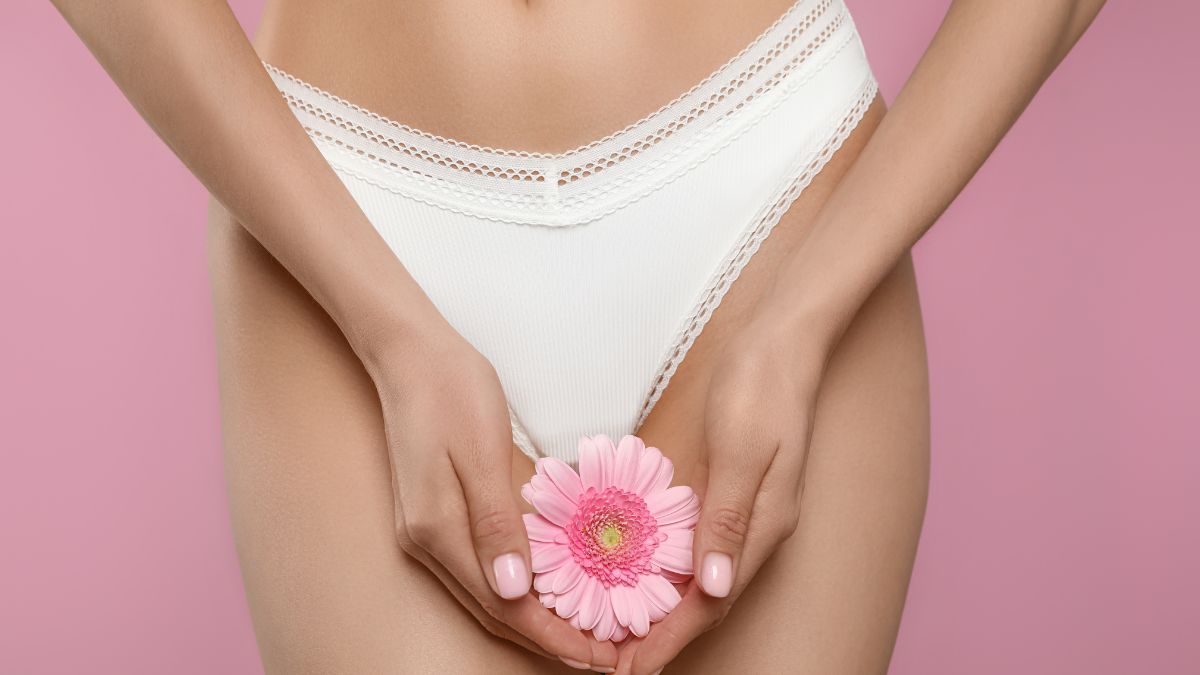- By Prerna Targhotra
- Fri, 20 Sep 2024 04:48 PM (IST)
- Source:JND
Menarche is referred to as the first time when a female experiences her first menstrual period. It is an important milestone in puberty and having the correct knowledge can help in the easy management of menstruation. Menarche usually happens at the age of 10 to 16, with an average age of 12.4 years. It generally happens with less pain, light bleeding and without any warning. Getting your first period means that you are physically capable of getting pregnant and having a baby unless you have any health conditions that prevent it.
In a conversation with Jagran English, Dr Uma Vaidyanathan, Director - Obstetrics & Gynaecology, Fortis Hospital Shalimar Bagh listed some important things that teenagers should know about menarche.
Things To Know About Menarche
What Menarche Means: Menarche signals the start of reproductive capability, meaning the body is now capable of pregnancy, but it doesn't mean that one is ready for motherhood.
Normal Age Range: Though most girls get their period between 10 and 15 years, it may start earlier or later. Both are usually normal, and it’s essential not to compare with others.
Cramps Are Common: Menstrual cramps are a common symptom during periods. Simple remedies like warm compresses and over-the-counter pain relief can help ease discomfort.
Irregular Periods: It's common to have irregular periods for the first couple of years after menarche. Hormones are still adjusting, so cycles may vary in length and flow.
Hygiene Is Essential: Proper menstrual hygiene is crucial to prevent infections. Changing sanitary pads every 4-6 hours, washing the genital area with water, and avoiding chemical-based products around that area can maintain hygiene.

Important Things About Menarche (Image Credits: Canva)
Mood Swings Are Normal: Hormonal fluctuations during menstruation can affect mood. These feelings are normal, but if they become overwhelming, seeking advice from a healthcare provider is recommended.
Healthy Diet Supports Menstrual Health: A diet rich in iron, calcium, and vitamins can help manage energy levels and reduce fatigue during periods. Eating fruits, vegetables, and whole grains plays a significant role in overall well-being.
Understanding Cycle: Menstrual cycles can last between 21 and 35 days, with bleeding for about 3-7 days. Keeping track of periods helps in understanding one’s cycle better.
Exercise Is Beneficial: Light physical activities like walking or yoga during periods can help relieve cramps and improve mood, even though many feel like resting.
Seek Help When Needed: If periods are too painful, excessively heavy, or there are symptoms like fainting or severe fatigue, it’s important to consult a gynaecologist for further guidance.
ALSO READ: Does Smoking Increase Premature Menopause Risk In Women? Expert Explains
ALSO READ: Does Irregular Menstruation Have Impact On Fertility? Expert Explains

